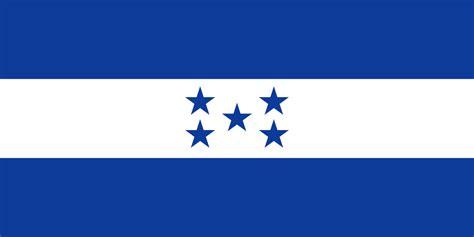In scouring the globe for cheap labor, US clothing brands are not merely opportunistic, they are also sometimes actively parasitic. Honduras is a case study: one in which US corporations and the US state department have worked together for decades to bring cheap garments to American consumers, framing job creation as a blessing for the Honduran economy while simultaneously engaging in political interventions that keep Honduran citizens poor. Among the manifold complexities of the global supply chain, a simple principle holds: corporations will always go where their costs – and their responsibilities – can be kept to an absolute minimum.
- Home
- About Us
- Issues
- Countries
- Rapid Response Network
- Young Adults
- Get Involved
- Calendar
- Donate
- Blog



